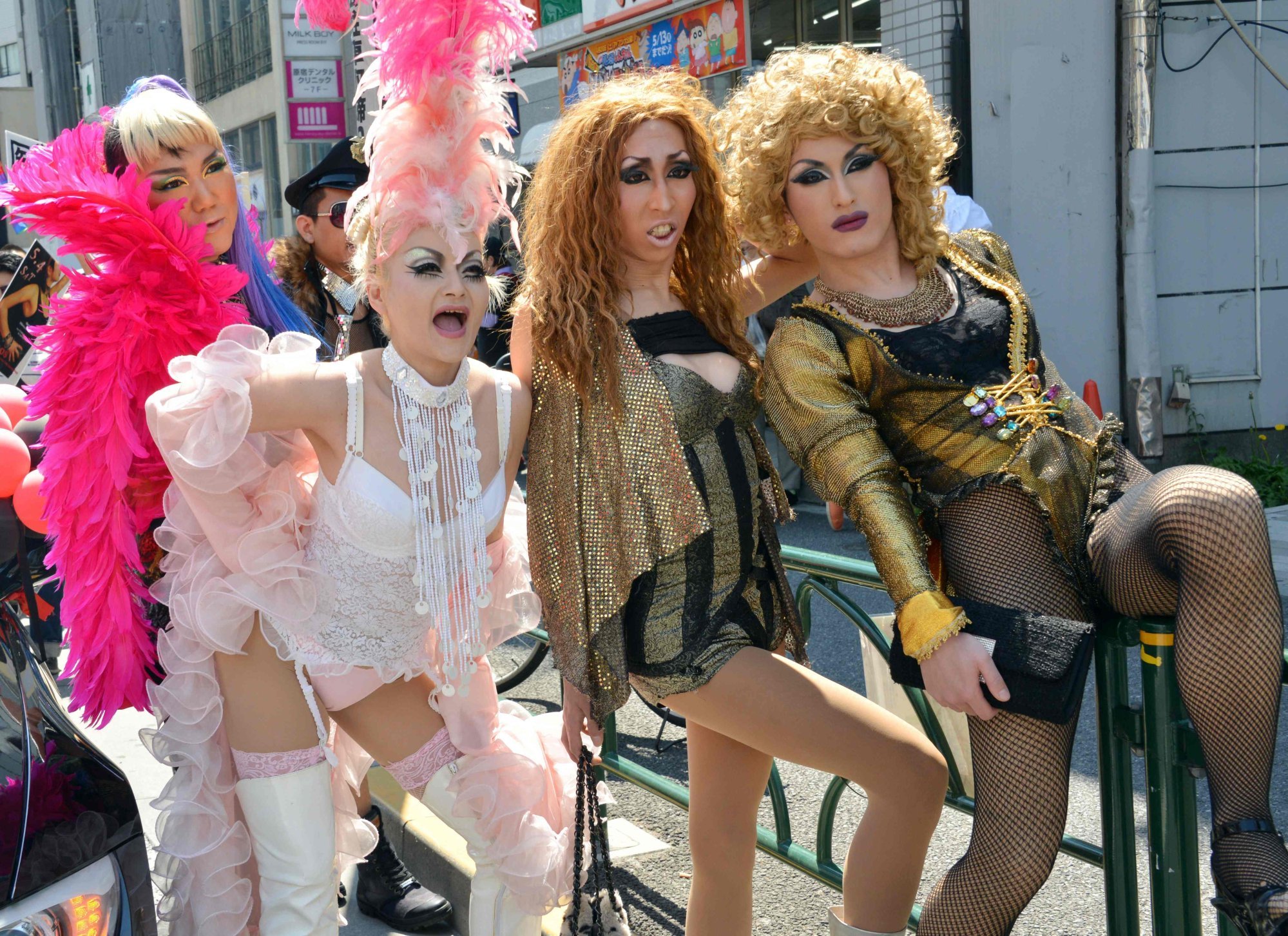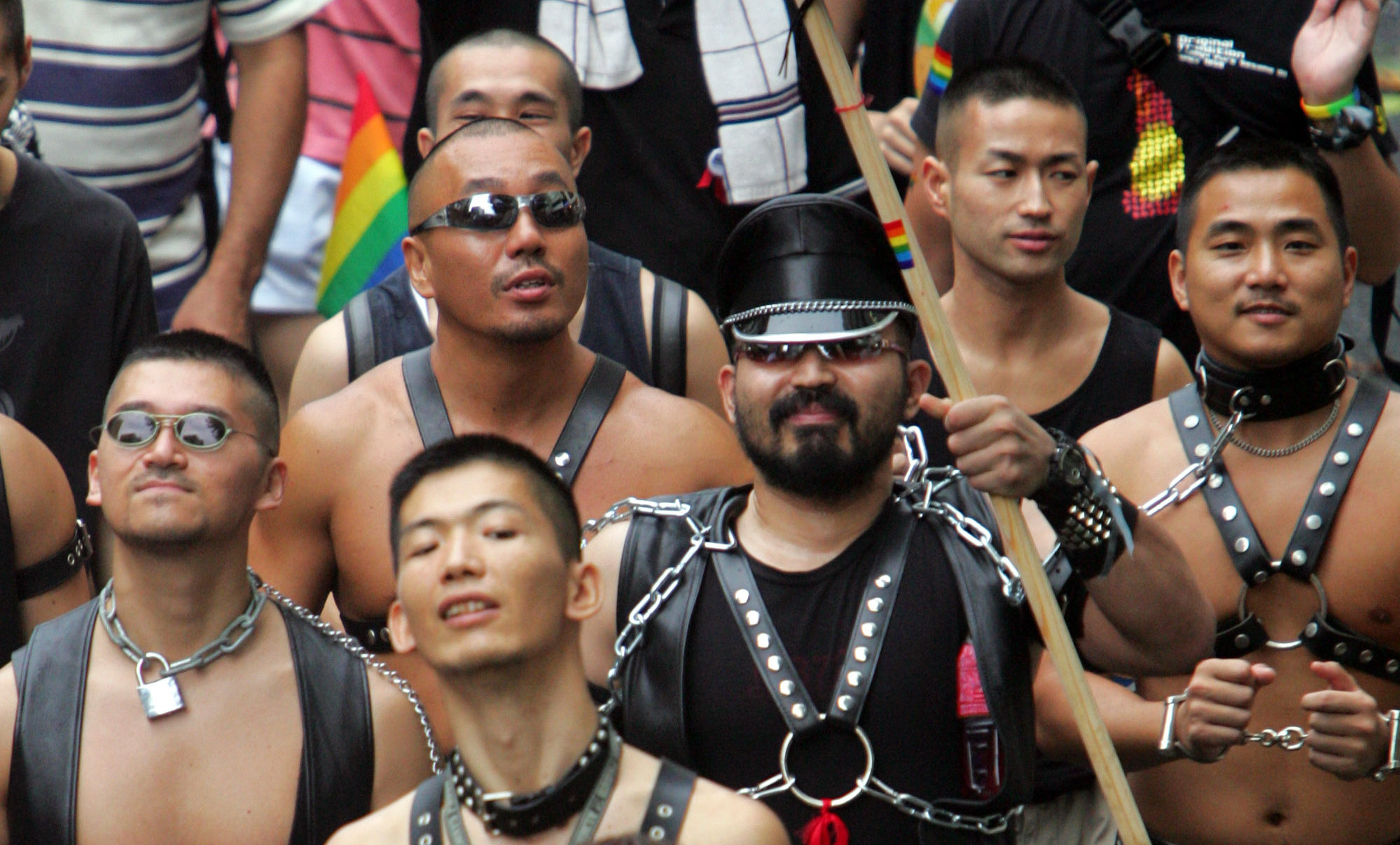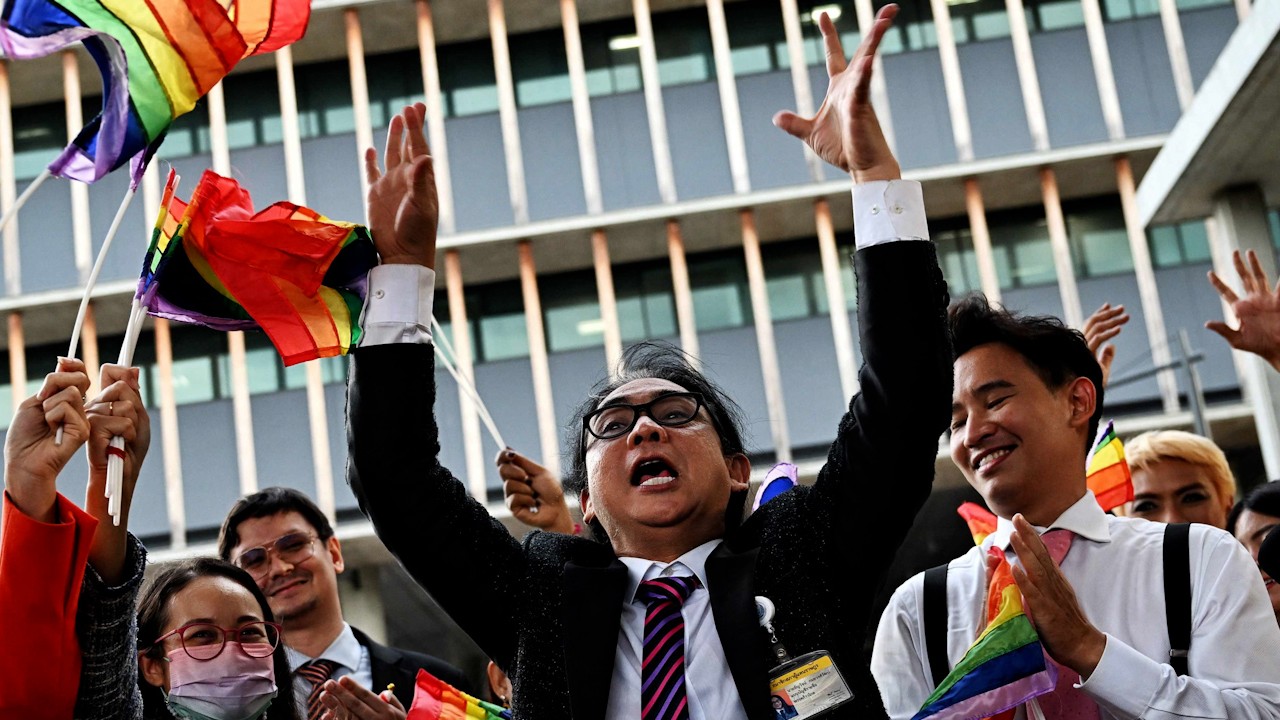The Asahi newspaper on May 18 quoted government officials in Ottawa as saying they had approved the couple’s refugee applications partly due to same-sex couples not being permitted to legally marry in Japan, not entitled to the same benefits as heterosexual couples and having a “fear of persecution” due to their sexuality.
Nishiyama, herself a lesbian, said she was aware of the problems the couple faced, which included real estate agents refusing to show LGBTQ people rental properties because “few houses are available for same-sex couples to rent.”

“Their case has made me keenly aware that Japan is a long way behind in terms of human rights protection and the struggles they have faced are those that many LGBTQ people face here every day,” she said. “But that should not be our daily reality.”
In its 2019 report Over the Rainbow? The Road to LGBTI Inclusion, the Organisation for Economic Co-operation and Development ranked Japan 34 out of 35 countries for legal LGBTQ inclusivity.
“It seems like Japan is pedalling a bicycle when other countries are riding sports cars when it comes to trying to promote gender equality,” Nishiyama told This Week in Asia.
J-ALL is campaigning for changes to existing legislation that would guarantee the legal rights of sexual minorities, including a law that would ban discrimination on the grounds of a person’s sexual orientation or gender identity and marriage equality.
A law to promote “understanding of diversity” passed by Tokyo in June 2023 was a positive first step but it had no legal teeth to deal with discrimination cases, Nishiyama said. Marriage laws mean that same-sex couples are not allowed to inherit their partners’ properties when they die and can be denied access when their partners are in hospital as they are not legally “family”.

Discrimination has consequences with transgender individuals 10 times more likely to attempt suicide than heterosexual people and significantly more likely to be living in poverty, according to J-ALL. The challenges could be even harder for lesbians, according to Nishiyama, as they also face discrimination as women, who typically earn less than men and have fewer opportunities for career advancement.
“I am angry and disappointed that our rights are still neglected in Japan,” she said. “Being a lesbian is no reason for shame and we are the same as heterosexual people. But many of us are still in the closet, many choose never to come out before they die. That is heart-breaking.”
Alexander Dmitrenko, a partner in the Tokyo office of the Ashurst multinational law firm and co-chair of LLAN, the Lawyers for LGBT & Allies Network NPO, said the failure of successive governments to pass meaningful equality legislation was shocking given that most Japanese were in favour of same-sex marriages being recognised.
About 64 per cent of people in Japan supported marriage rights for same-sex couples, a poll by Kyodo News published in February 2023 showed. The poll was conducted a week after a close aide to Prime Minister Fumio Kishida was fired for saying he would not want to live next to a gay couple and that people would leave Japan if same-sex marriages were legally recognised.
“The Japanese government should be embarrassed” about the lesbian couple receiving their refugee status in Canada, Dmitrenko said. “It is all the more astonishing as Japan is not known as a place for gay-bashing or persecution.”
Japan was reputed to be “tolerant, respectful and accommodating” of other people, said Dmitrenko, who expressed hope that the case of the lesbian couple would encourage Japanese politicians to change their stance on LGBTQ matters.
Hailing the couple’s bravery, Nishiyama said: “I always wanted to go abroad when I was young because I wanted to escape from Japanese society, where LGBTQ people are not considered to be the same as others. When I was a teenager, I had never met other LGBTQ people and I had no role models.”
Nishiyama said she could not come out as a lesbian in her younger days because she was scared of rejection. She later made the “right decision” to study in California when she was 20.
“No one judged me when I came out [in California] and I gained confidence. So I totally understand why the lesbian couple in this case decided to move to Canada. When LGBTQ rights are protected and society welcomes diversity, we can feel safe and live freely.”
This Week in Asia has contacted the Cabinet Office’s Gender Equality Bureau for a comment.


